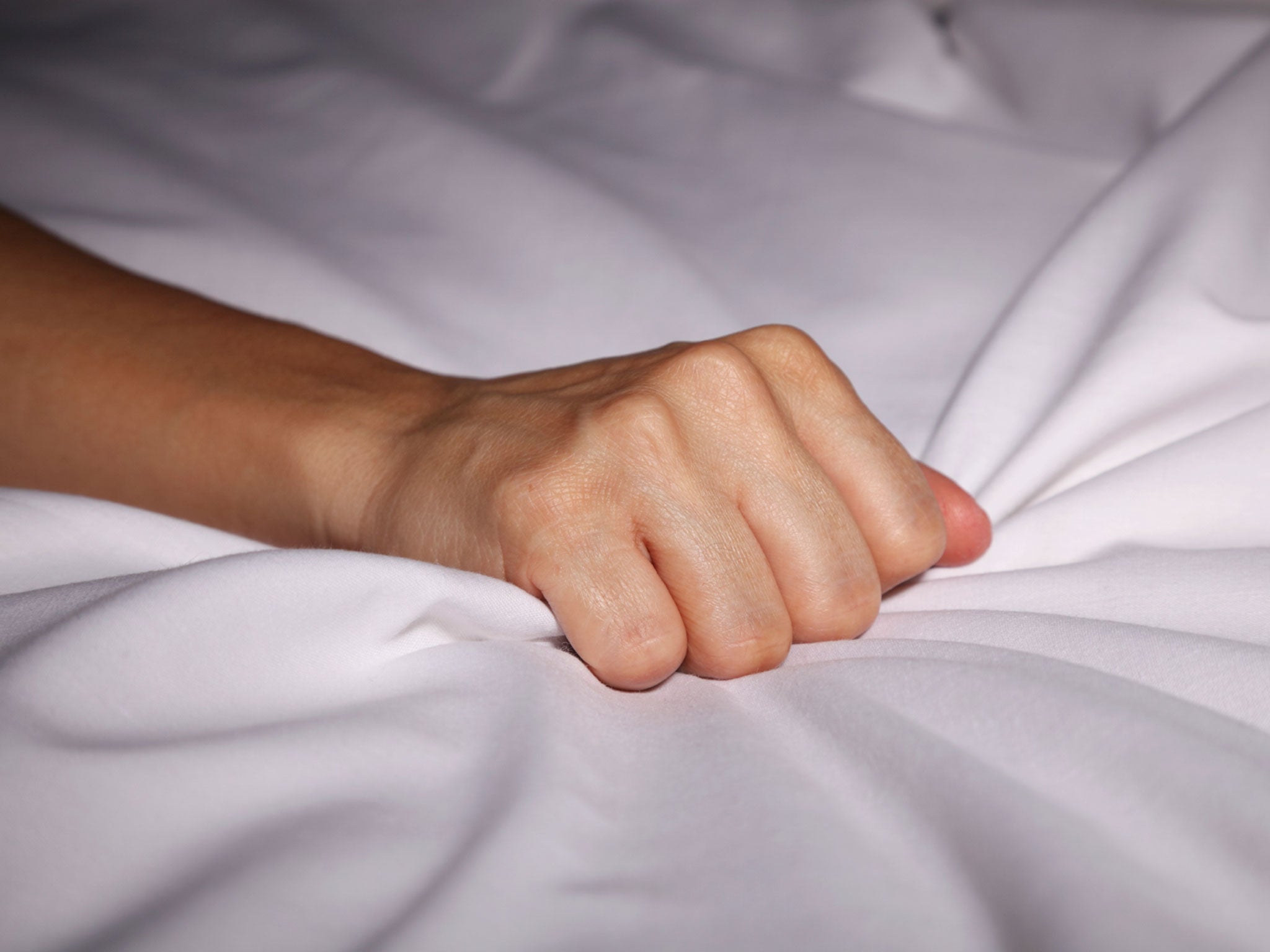Science says couples are deluded about how likely they are to cheat on each other
'People think their own romantic partner has a much lower chance of cheating than the average member of the opposite sex'

Your support helps us to tell the story
From reproductive rights to climate change to Big Tech, The Independent is on the ground when the story is developing. Whether it's investigating the financials of Elon Musk's pro-Trump PAC or producing our latest documentary, 'The A Word', which shines a light on the American women fighting for reproductive rights, we know how important it is to parse out the facts from the messaging.
At such a critical moment in US history, we need reporters on the ground. Your donation allows us to keep sending journalists to speak to both sides of the story.
The Independent is trusted by Americans across the entire political spectrum. And unlike many other quality news outlets, we choose not to lock Americans out of our reporting and analysis with paywalls. We believe quality journalism should be available to everyone, paid for by those who can afford it.
Your support makes all the difference.Humans are notorious for thinking they're better than everyone else.
When asked to rate themselves on attractiveness, intelligence, driving ability — you name it — they consistently say they're above average, which obviously isn't mathematically possible.
So it makes sense that people also believe their relationships are healthier than other folks'.
Specifically, people think their own romantic partner has a much lower chance of cheating than the average member of the opposite sex.
That's according to recent research, cited on Science of Relationships, from the University of Calgary and McMaster Children's Hospital. For the study, researchers recruited about 200 university students who'd been involved in heterosexual dating relationships for at least three months.
Those participants filled out an online questionnaire related to their beliefs and expectations about infidelity. (The researchers note that they didn't explicitly define the term “infidelity,” so participants were left to use their own interpretations.)
Participants reported that they believe there's about a 42% chance that the average person of the opposite sex either has cheated on their partner or will do so at some point.

But when it came to their own partners, participants estimated that there was about a 5% chance that their partner had already cheated on them and about an 8% chance that they would cheat on them in the future.
So how many participants said they'd actually gone and done it — cheated on their partner? 9%.
Interestingly, even though these couples were dating, and not married, they were just as confident (some might say delusional) in the stability of their relationships as married couples surveyed in other studies.
These findings jibe with other research that found, even after years of dating, couples don't know each other nearly as well as they think they do. So you might think everything is peachy keen in the relationship, when in fact your partner's feeling lonely or frustrated.
Perhaps the most important insight to come out of this research is that even though nearly every person surveyed said it was important that their partner doesn't cheat on them, fewer people said they'd talked about infidelity with their partners.
Less than two-thirds had talked about what constitutes cheating, but even fewer said they'd reached an agreement with their partners about it.
Maybe we hedge the subject because it doesn't occur to us that our partner could possibly stray; or maybe it's because we're afraid of what we'll find out when we broach the topic. Either way, it helps to remember that your partner, like everyone else's partner, is human, and there's a chance — albeit a small one — that they'll be unfaithful at some point.
As the write-up of this study on Science of Relationships concludes: “[T]he findings do highlight the degree to which people are motivated to really want to believe their relationships and partner is better than others. And that wishful thinking may blind individuals to real warning signs.”
Read more:
• This chart is easy to interpret: It says we're screwed
• How Uber became the world's most valuable startup
• These 4 things could trigger the next crisis in Europe
Read the original article on Business Insider UK. © 2016. Follow Business Insider UK on Twitter.
Join our commenting forum
Join thought-provoking conversations, follow other Independent readers and see their replies
0Comments